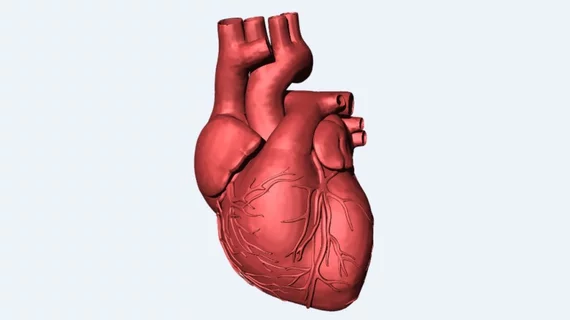Knowing he needed a new heart, Robert Montgomery, MD, saw a chance to practice what he preaches. So, the 58-year-old director of NYU Langone Health’s Transplant Institute accepted an organ from a heroin user who died of a drug overdose and had hepatitis C.
“This was an opportunity to both use an organ that we probably wouldn’t have used and to kind of morally align myself with what I believed and had been telling people,” Montgomery told The Wall Street Journal. “I could have stayed in the hospital for months or even a year.
“You have to find a similarly sized person and the same blood group and there’s just not that many hearts available. … So I could have waited a long time and may have died.”
Coinciding with the opioid epidemic, there are now more organs available from donors who are considered high-risk. These organs previously went unused or to patients already with hepatitis C or other conditions, but are now increasingly used in transplant candidates without those diseases. Montgomery is a proponent of using such kidneys, lungs, hearts and livers to help alleviate shortages for the various organs.
Wait times for these organs are typically much shorter, as some patients are turned off by the prospect off accepting one and choose not to.
According to the United Network for Organ Sharing, there were 1,631 hepatitis C-positive organ transplants in the U.S. during the first 10 months of 2018, including 1,058 in recipients without hepatitis C. For the same time periods in 2017 and 2014, there were 524 and 44 hepatitis-C positive transplants, respectively, in patients without hepatitis C.
The increased use of these organs is in accordance with an October 2018 study in the Journal of the American College of Cardiology, which concluded patients were better off immediately accepting a heart from a “high-risk” donor rather than waiting for another organ. Their survival was significantly higher at one year (92.1 percent) than among those who declined the initial offer of accepting one of those hearts (83.1 percent).
Montgomery, who has familial cardiomyopathy, tested positive for hepatitis C five days after his heart transplant surgery, but was able to wipe out the infection with eight weeks of oral medication, the WSJ reported. Emily Blumberg, MD, director of the transplant infectious diseases program at the University of Pennsylvania Hospital, told the newspaper it’s important to ensure patients accepting these organs have insurance to immediately cover the appropriate medications in case conditions from the donor are contracted by the recipient.
Read the full story below:

